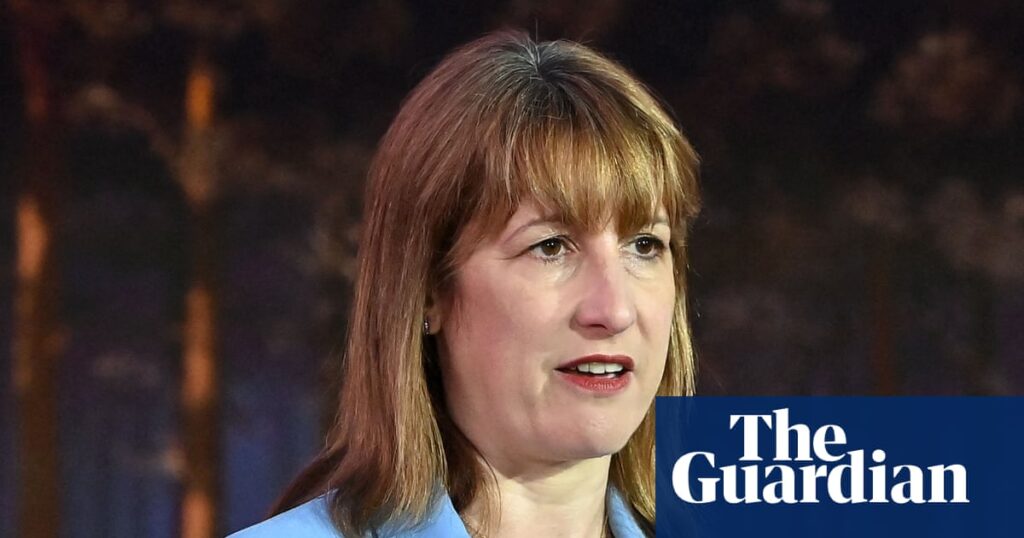The UK government borrowed less than expected in July, official figures show, in a boost to the chancellor, Rachel Reeves, as she faces pressure ahead of her autumn budget.
Figures from the Office for National Statistics (ONS) showed public sector net borrowing – the difference between public spending and income – fell to £1.1bn, down by £2.3bn from the same month a year earlier.
The reading was below City predictions for a deficit of £2.6bn and forecasts from the Office for Budget Responsibility of £2.1bn.
Borrowing over the first four months of the financial year so far was £60bn, this was £6.7bn higher than in the same period a year earlier, and the third-highest April-to-July borrowing since monthly records began.
Rob Doody, ONS deputy director for public sector finances, said: “Borrowing this July was £2.3bn down on the same month last year, and was the lowest July figure for three years. This reflects strong increases in tax and national insurance receipts.
“However, in the first four months of the financial year as a whole, borrowing was over £6bn higher than in the same period in 2024.”
Reeves is exploring tax-raising options ahead of a high-stakes autumn budget, as a weak growth outlook, higher debt interest payments and U-turns on welfare cuts put her in danger of breaking her fiscal rules.
The UK’s public finances are typically in a strong position in July, owing to a key payment deadline for self-assessed income tax. However, public spending has risen, while weakness in the economy and a cooling jobs market has hit receipts.
Ministers are understood to be exploring options to raise more money from inheritances and property taxation, the Guardian has revealed, amid rising pressure on the public finances.
However, the chancellor has so far publicly sought to prioritise a focus on turning around the economy to support the government finances, through the allocation of capital investment and a fresh assault on planning regulations to drive up productivity.
after newsletter promotion
Darren Jones, the chief secretary to the Treasury, said: “Far too much taxpayer money is spent on interest payments for the longstanding national debt.
“That’s why we’re driving down government borrowing over the course of the parliament – so working people don’t have to foot the bill and we can invest in better schools, hospitals, and services for working families.”

